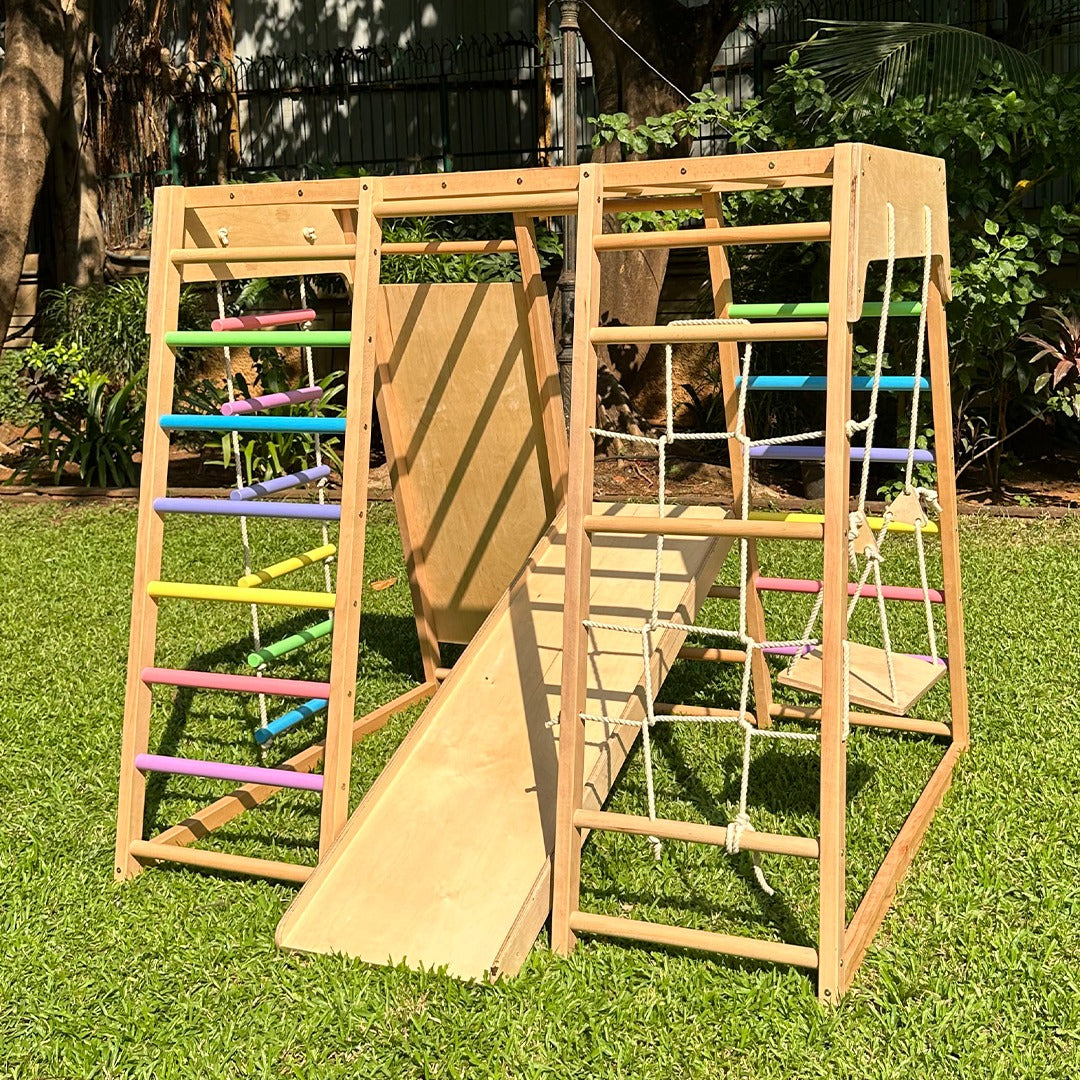Imagine your toddler, bright-eyed and determined, insisting on helping you meticulously sort the lentils for dinner, or perhaps diligently watering the *tulsi* plant on the verandah. Often, our first instinct as busy parents, particularly in bustling Indian households, might be to gently redirect them, thinking it's quicker and less messy to do it ourselves. We might chuckle at their earnest but often inefficient attempts, not realising that these seemingly simple acts of 'helping' are, in fact, incredibly sophisticated exercises for their rapidly developing brains. It's a fascinating insight that turns mundane chores into powerful learning opportunities.
The Unsung Heroes of Cognitive Growth: Executive Functions
At the heart of this revelation lies the concept of executive functions – a set of mental skills crucial for focus, self-control, and problem-solving. Think of them as the brain's air traffic control system, managing multiple streams of information, planning actions, and regulating emotions. These functions, which include working memory, inhibitory control (the ability to resist impulses), and cognitive flexibility (adapting to new situations), are not skills we are born with fully formed. Instead, they develop progressively throughout childhood, primarily in the prefrontal cortex, and early experiences play a monumental role in shaping their strength and efficiency.
When a child participates in household tasks, they aren't just mimicking adults; they are actively engaging these vital cognitive gears. Take, for instance, sorting the mixed *dal* or rice. This seemingly basic task requires focused attention, categorisation, and sustained effort – all direct exercises in working memory and inhibitory control. They must remember the different types of grains and resist the urge to simply scoop them all together.
Beyond Just Tidying: What Helping Actually Teaches
Consider the process of setting the dinner *thali*. A child must remember where each item goes (the glass here, the spoon there), sequence the actions, and adapt if a plate is missing. This fosters planning, sequencing, and problem-solving. Watering plants involves estimating how much water is needed, pouring carefully to avoid spillage, and understanding cause and effect – a complex interplay of spatial reasoning and self-regulation. Even tidying up their *khelne ka kamra* (playroom) by putting toys back into their designated baskets teaches categorisation, organisation, and task completion.
Research, including studies published in journals like *Child Development*, consistently points to a positive correlation between early participation in household chores and the development of stronger executive functions and academic success later in life. Children who contribute meaningfully at home tend to exhibit better self-reliance, responsibility, and emotional regulation. They learn to follow multi-step instructions, manage small frustrations, and experience the satisfaction of contributing to the family unit – a powerful motivator for continued engagement.
Why We Often Miss the Mark
In many Indian families, the desire to provide a comfortable, 'work-free' childhood can sometimes inadvertently limit these vital learning opportunities. Parents, driven by love and a busy schedule, might believe it's more efficient to handle all household responsibilities themselves. There's also the understandable concern about mess, slowness, or even the child getting in the way. However, by stepping back and allowing our children to participate, even if imperfectly, we are investing in their long-term cognitive and emotional development. The small inconveniences of today pave the way for a more capable and confident individual tomorrow.
This approach aligns beautifully with core principles of educational philosophies like Montessori, which champions 'Practical Life' activities. Montessori classrooms are filled with child-sized tools for real-world tasks – pouring water, buttoning clothes, sweeping floors. The philosophy recognises that these activities, far from being trivial, build concentration, coordination, independence, and a sense of order. Bringing this ethos home, allowing your child to wash a vegetable, help fold clothes, or even assist in *pooja* preparations by handing over specific items, nurtures these same skills in a culturally relevant and meaningful way.
Nurturing a Sense of Belonging and Capability
Beyond the cognitive benefits, inviting children into household tasks also fosters a profound sense of belonging and competence. When a child feels like a valuable, contributing member of the family, their self-esteem blossoms. They understand that their actions have an impact, that they can contribute to the well-being of the collective. This sense of agency is incredibly powerful, transforming a potential chore into a joyful act of participation and learning. It's about building a foundation of resilience and capability that extends far beyond the kitchen or living room.
So, the next time your little one reaches for the *jhadu* (broom) or insists on helping you roll the *roti*, resist the urge to gently push them away. Instead, embrace the beautiful mess, the extra time it might take, and the sheer joy in their eyes. You're not just getting a helping hand; you're sculpting a mind, fostering crucial life skills, and building a foundation for a future filled with capable independence and emotional intelligence. It's a hidden curriculum, played out daily within the walls of our homes, that profoundly shapes the adults our children will become.
For more ways to nurture these vital executive functions and practical life skills through purposeful play, explore SkilloToys.com. Our curated selection of safe, educational, and play-based learning toys are designed to spark curiosity, encourage problem-solving, and build independence, just like those invaluable 'chhota haath' moments at home.



